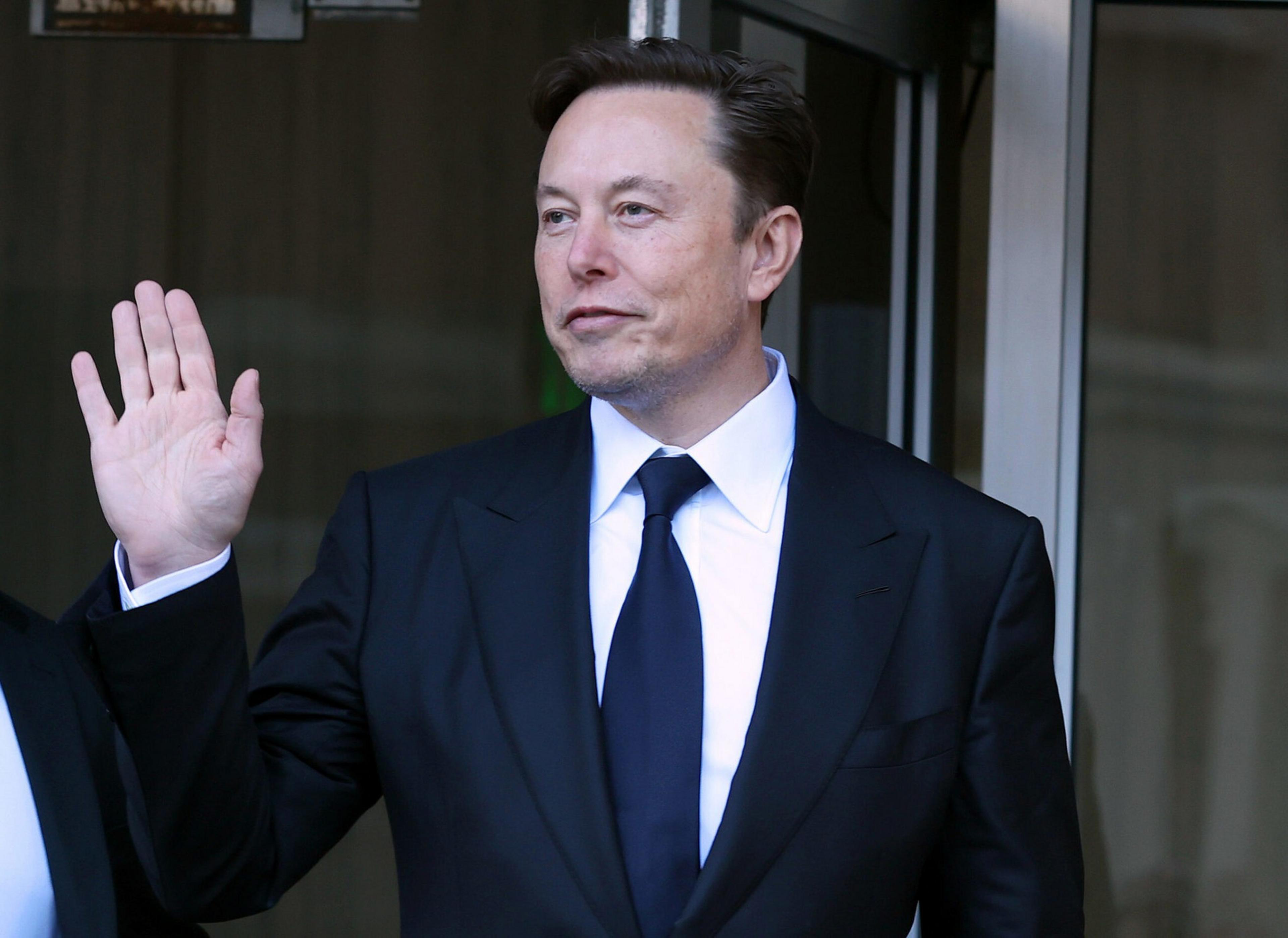The San Francisco Board of Supervisors passed a resolution discouraging city agencies from signing up for Twitter Blue—a new paid service offered by the social network—in a simmering tit-for-tat between app owner Elon Musk and city officials.
At a Wednesday meeting, which was rescheduled after a vandalism incident cut off access to the board’s broadcast, supervisors passed a resolution that established a city policy not to pay for Twitter Blue, which starts at $8 per month and adds a blue check beside an account name, among other features.
The resolution (opens in new tab) isn’t legally binding, meaning city agencies aren’t required by law to follow it. But it reflects the “board’s sentiment with regard to Twitter and its blue check program,” said Deputy City Attorney Anne Pearson at the meeting.

“I think it sends not only a message to Twitter and the world but also to the Budget and Finance Committee regarding any subventions for payment for a blue check mark,” said Board President Aaron Peskin.
Musk, who bought San Francisco-based Twitter for $44 billion last October, reacted with disdain to the planned resolution after it appeared on the board’s agenda. Some prominent news organizations, including the New York Times, have also eschewed Twitter Blue.
And it isn’t the first time San Francisco’s government has taken action in response to Musk’s tumultuous tenure at Twitter, which has been marked by mass layoffs, swift product changes, alleged nonpayment of bills and other assorted shenanigans, such as attempting to change the sign at Twitter’s headquarters to “Titter.”

Last week, the Board of Supervisors unanimously approved an ordinance that authorized the city attorney to bring civil action against janitorial, security and building maintenance contracting companies if they abruptly eliminate jobs. That ordinance came in response to the termination of 48 custodians at Twitter, which Supervisor Ahsha Safaí called “unconscionable.”
In December, in response to a complaint, the city’s Department of Building Inspection investigated reports that Twitter had created bedrooms at its 1355 Market St. headquarters in violation of building codes. Twitter’s contractor, Hathaway Dinwiddie, later filed for a permit to reclassify conference rooms as rest areas.
The antipathy between San Francisco City Hall and the erratic billionaire appears to be mutual.
Musk, who claimed in a BBC interview Tuesday that he tried to convert one of Twitter’s offices into a homeless shelter, has variously slammed and ridiculed the state of San Francisco and its political leaders in recent days.
In response to a tweet by investor David Sacks, Musk quipped that the rescheduling of this week’s Board of Supervisors meeting due to vandalism was “amazing,” and compared the city’s beleaguered Downtown to a “zombie apocalypse” on Monday in response to news that a Whole Foods near Twitter’s headquarters (opens in new tab) was closing due to staff safety concerns.
Musk also weighed in on the city’s fentanyl crisis, querying who was responsible for the proliferation of drugs in the city and later opining that fentanyl should be legalized.
In the BBC interview, which was published in full on Wednesday, Musk also jabbed “far left” Bay Area politics and said that Twitter shouldn’t be a “megaphone for a very niche regional politics.”
“The pain level of Twitter has been extremely high,” Musk said, adding that he’d reduced the staff to about 1,500 employees from around 8,000 previously. “This hasn’t been some sort of party.”
Asked if he was considering a move out of San Francisco, Musk responded, “Not yet.”
